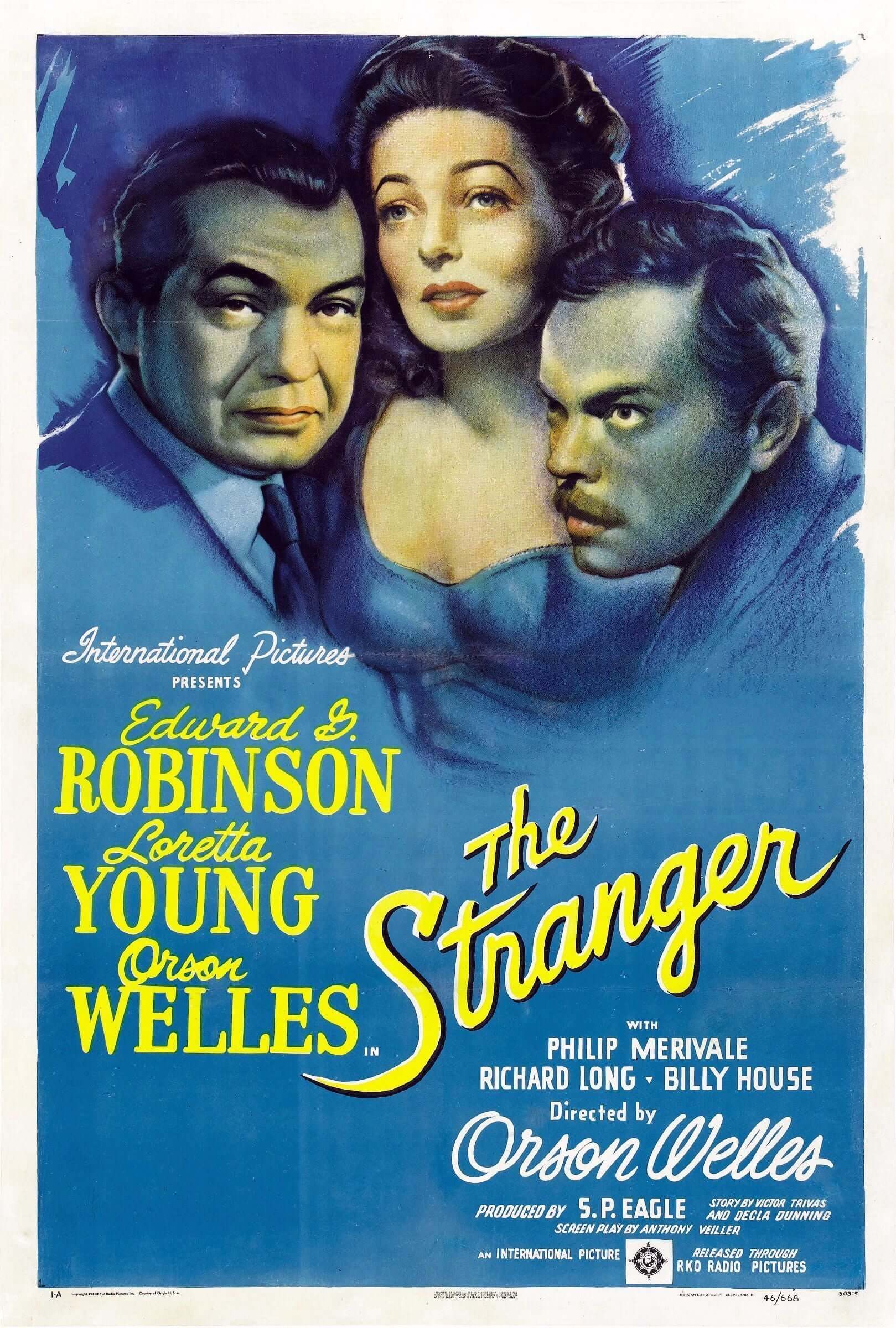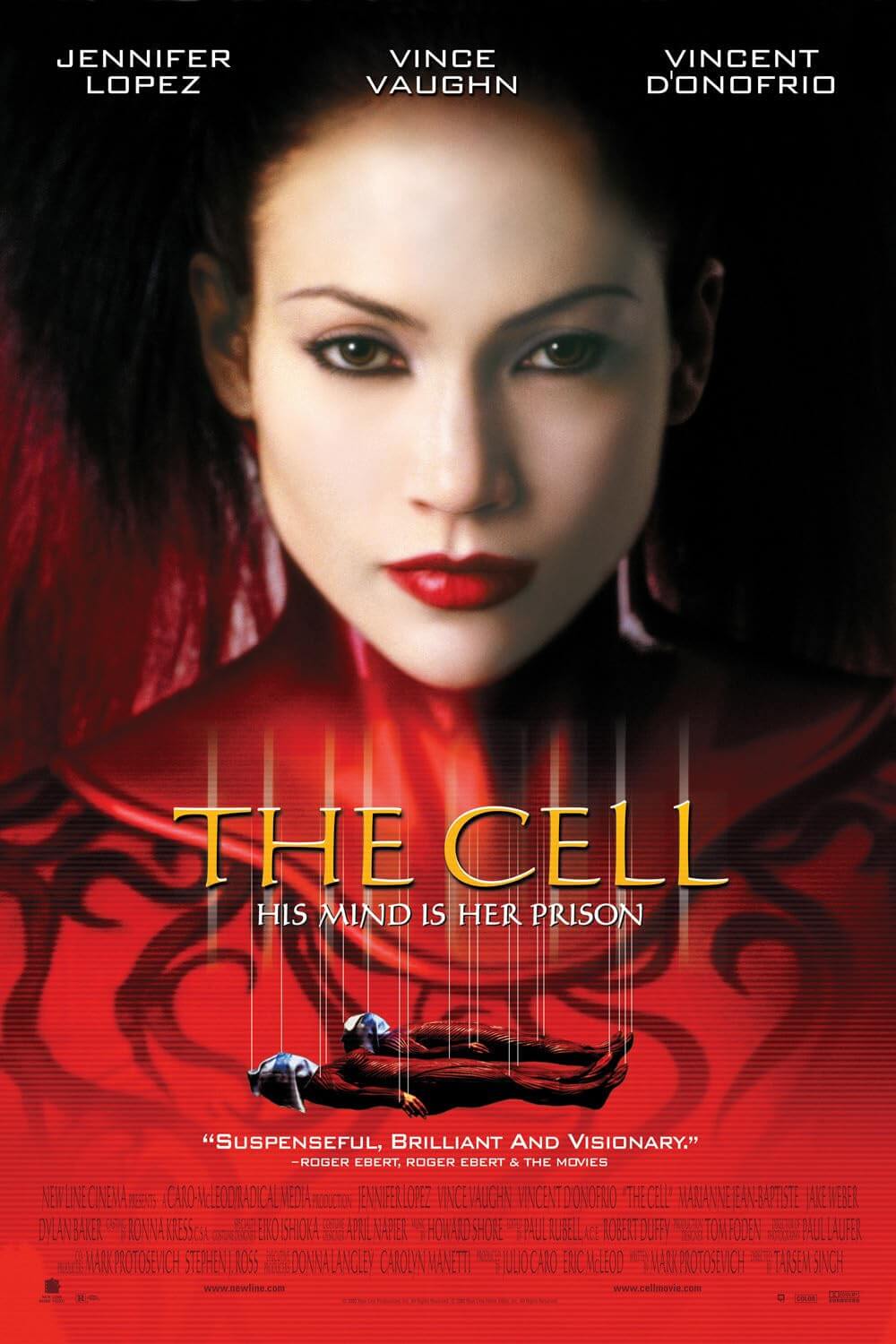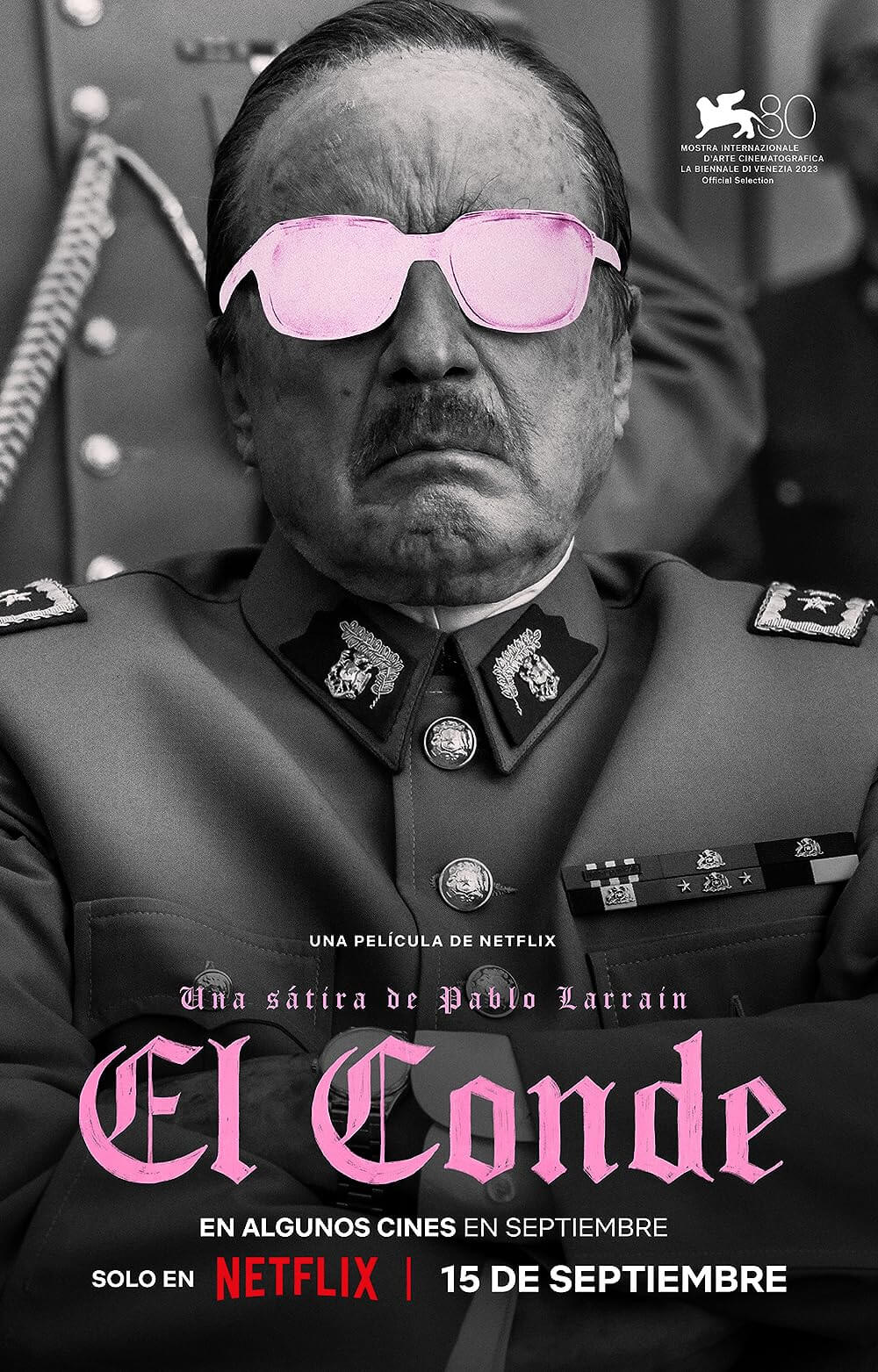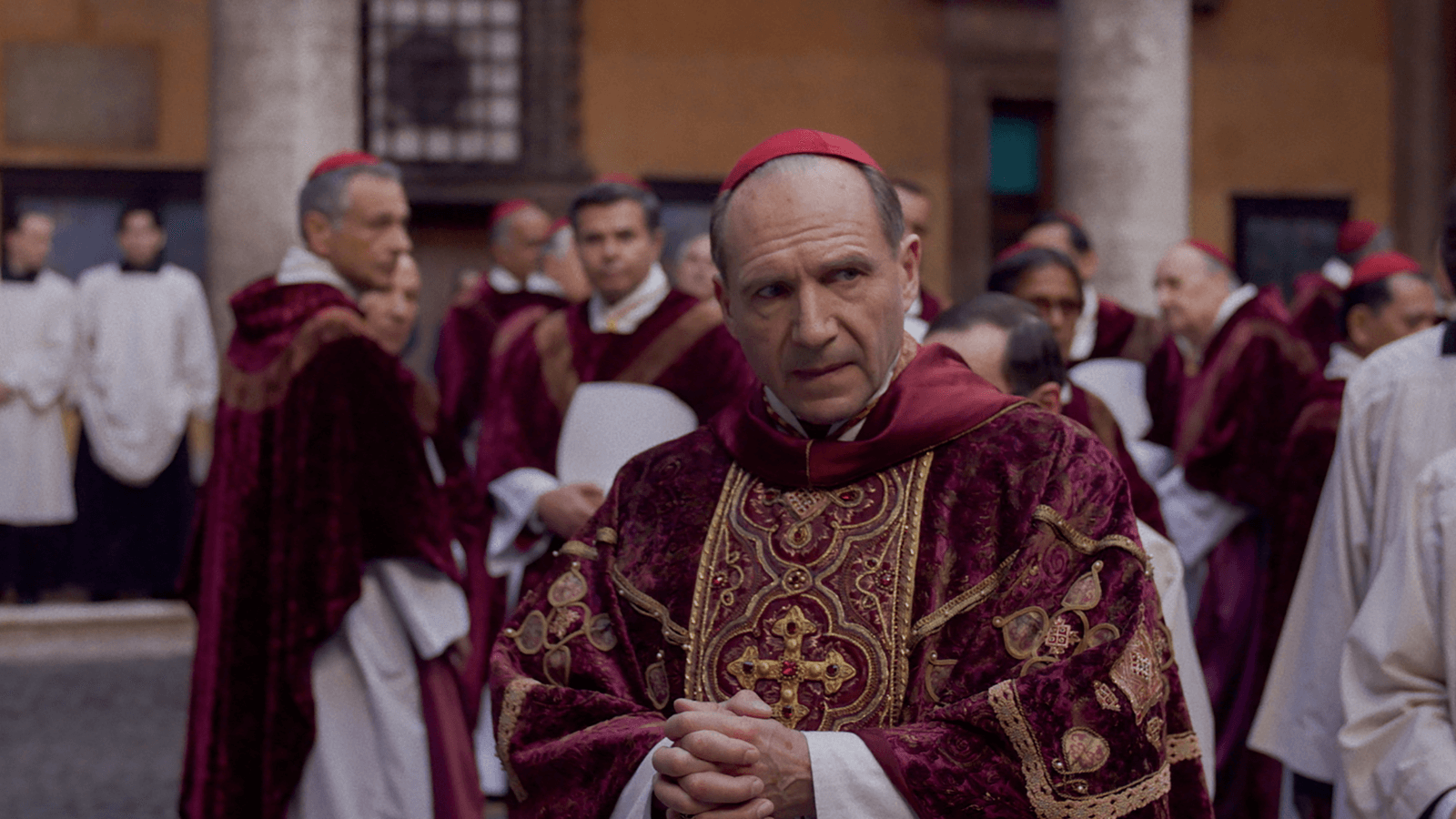
Conclave
By Brian Eggert |
Note: This film was screened for the Twin Cities Film Fest. Focus Features will release Conclave in theaters on October 25, 2024.
Conclave is a thriller about selecting the next pope. As the process goes, the cardinal electors remain sequestered until someone receives two-thirds of the votes, enough to become the Supreme Pontiff. Housed in a secured and isolated wing in the Vatican, the cardinals each have a private room in a long marble hallway. A detail that stands out is that each room has an electronic lock. Not even in the so-called Holy See, where the highest religious men control the Roman Catholic Church, can its leaders be trusted. Even among them, security is necessary to hold a fair election. If there’s a universal truth embedded in this detail, it’s that human beings are flawed. Even—and especially—at the highest echelons of authority, religious or political, they cannot be trusted to play fair when their access to power is at stake. If this sounds pointedly familiar for an election year in the United States, it should. The politics and power-mongering of Conclave’s papal election bear striking similarities to today’s presidential election rhetoric, and they’re bound to prompt sounds of chilling recognition among viewers. Doubtless, Focus Features’ release of this tense, immersive, and ultimately inspired film just over a week before the U.S. election day was strategic.
Based on the book by Robert Harris (The Ghost Writer, 2010) and adapted by screenwriter Peter Straughan (Tinker Tailor Soldier Spy, 2011), Conclave is a precision piece of filmmaking—as involving as any conspiracy thriller or police procedural, despite the ecclesiastical setting. Edward Berger, widely celebrated for his 2022 take on All Quiet on the Western Front, once again directs a carefully regimented and stylistically sharp-edged presentation to impart a message about valuing all human life, regardless of how some people might differ from you. Just as he was with his last film, Berger is all too aware of Conclave’s thematic significance, evidenced by his grandiose, screen-filling titles and another broad, lofty score in sharp strings by Oscar-winning composer Volker Bertelmann. However, the immersive and confidently staged proceedings cannot help but involve the viewer, even if you’re not Christian or well-versed in papal bureaucracy. If Berger’s aesthetic proves a little too self-satisfied and certain of its own importance, it’s recessive enough to support the story without call too much attention to itself.
Central to the film is another in a long line of assured, brilliant performances from Ralph Fiennes, playing Cardinal Thomas Lawrence, who’s given a thankless task by the late Holy Father to oversee the election process. Lawrence suffers from a crisis of faith in the Church, and he would prefer to step down, but he agreed to the position and approaches the role with the utmost seriousness. His duties involve ensuring the process goes according to plan, complete with a strict limitation on outside influence. Within the papal assembly, however, Lawrence finds he must investigate several members who may have attempted to manipulate the election, turning the proceedings into a kind of murder-less whodunit. Among those involved is the progressive Cardinal Bellini (Stanley Tucci), Lawrence’s ally and pick for the next pope; Cardinal Tremblay (John Lithgow), who may have secrets; the right-wing Cardinal Tedesco (Sergio Castellitto), who’s ready to wipe out dissenters in a religious war; Cardinal Adeyemi (Lucian Msamati), with his regressive views on women and the LGBTQ+ community; and a mysterious but humble outsider, Cardinal Benitez (Carlos Diehz), a humanitarian who operates from Kabul, Afghanistan.
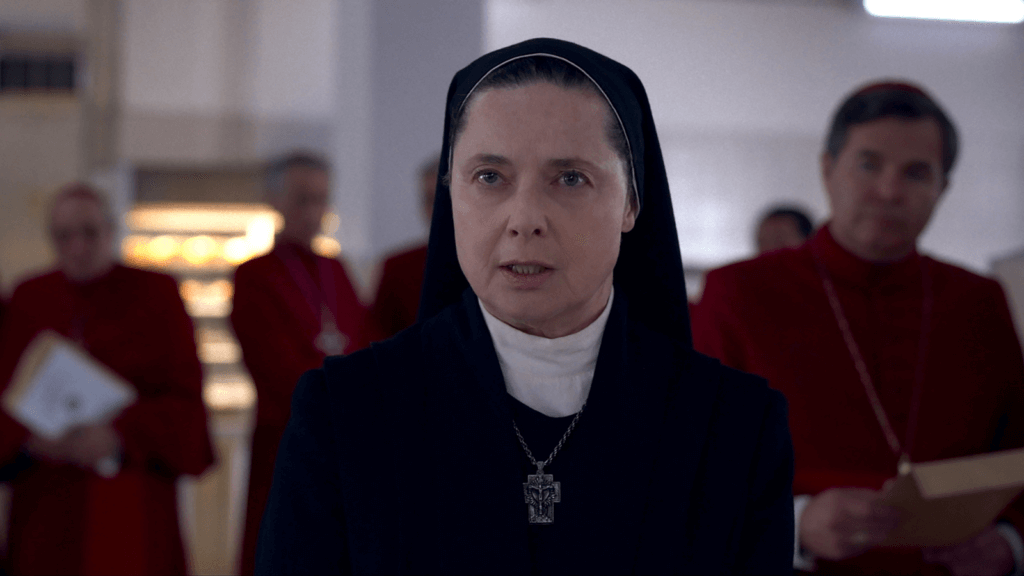
Lawrence, a generally good man who is already unconvinced enough by the Church to want to resign his position, has hopes for a more liberal future rooted in the acceptance of doubt and a healthy skepticism of certainty. Wary of anyone who wants the position too much, he and others work to bring voters to Bellini’s side. But some vote for Lawrence instead, which sows discord among his ideologically aligned allies. The process recalls lobbyists trying to gain support for a bill in Congress, and part of Lawrence’s job is ferreting out anyone who goes beyond conversational influence. A Monsignor (Brían F. O’Byrne) delivers regular reports to Lawrence about various candidates, functioning as a writerly device that introduces new twists and turns as the story calls for them. Whenever he shows up, Lawrence learns a new wrinkle or piece of information that changes everything, ranging from scandals to cover-ups. While Lawrence tries to keep the world outside hidden from those voting, there are some developments not even he can keep out.
For his part, Berger keeps things moving with the help of Nick Emerson’s nimble editing and Straughan’s tightly wound script. It might seem like dry material, but Conclave races by, investing us in every discovery and the tally of every vote. It’s not exactly a surprise when they eventually choose someone; the shocker comes in the scenes afterward. What I appreciated most about the film is that it’s hopeful, if not outrightly idealistic, about the future. Amid so many duplicitous men in power, the film questions how the Vatican nuns, headed by Sister Agnes (Isabella Rossellini, who shines in a couple of fiery scenes), are meant to be “silent” and “invisible.” It questions intolerance in the Church. And in an absurd flourish, it suggests that Christianity isn’t really about tradition but progress. Watching these men carry out rituals and follow doctrines in the same silly black and red costumes that cardinals have been wearing since the Dark Ages, one character’s remark that the Church isn’t rooted in tradition is hardly a convincing argument. Even so, it’s the film’s willingness to engage in the debate that makes it so rewarding.
In every aspect, Conclave presents a thoughtful but almost fantastical narrative. The film is grounded yet aspirational in its message, at times distractingly stylized by Berger yet driven by its actors. What’s more, it boasts ironic and witty humor, sometimes from unlikely sources—such as the previous pope’s pet turtles or a well-timed vape. All the while, it’s constantly negotiating the various sides of the Culture War within the Church, while underneath, commenting on contemporary politics. Through it all, Fiennes carries the film’s worldview on his weighted brow. Conclave gives the entire ensemble room to shine, but Fiennes, one of our greatest living performers, is exceptional in conveying Lawrence’s evident concern for the future of the Church. The lesson imparted—that “certainty is the deadly enemy,” whereas doubt leaves room for faith—is simplistic but no less wise and with far-reaching resonances and applications. Above all, this is an engaging and breathless viewing experience bound to entertain crowds and incite (hopefully productive) conversation.
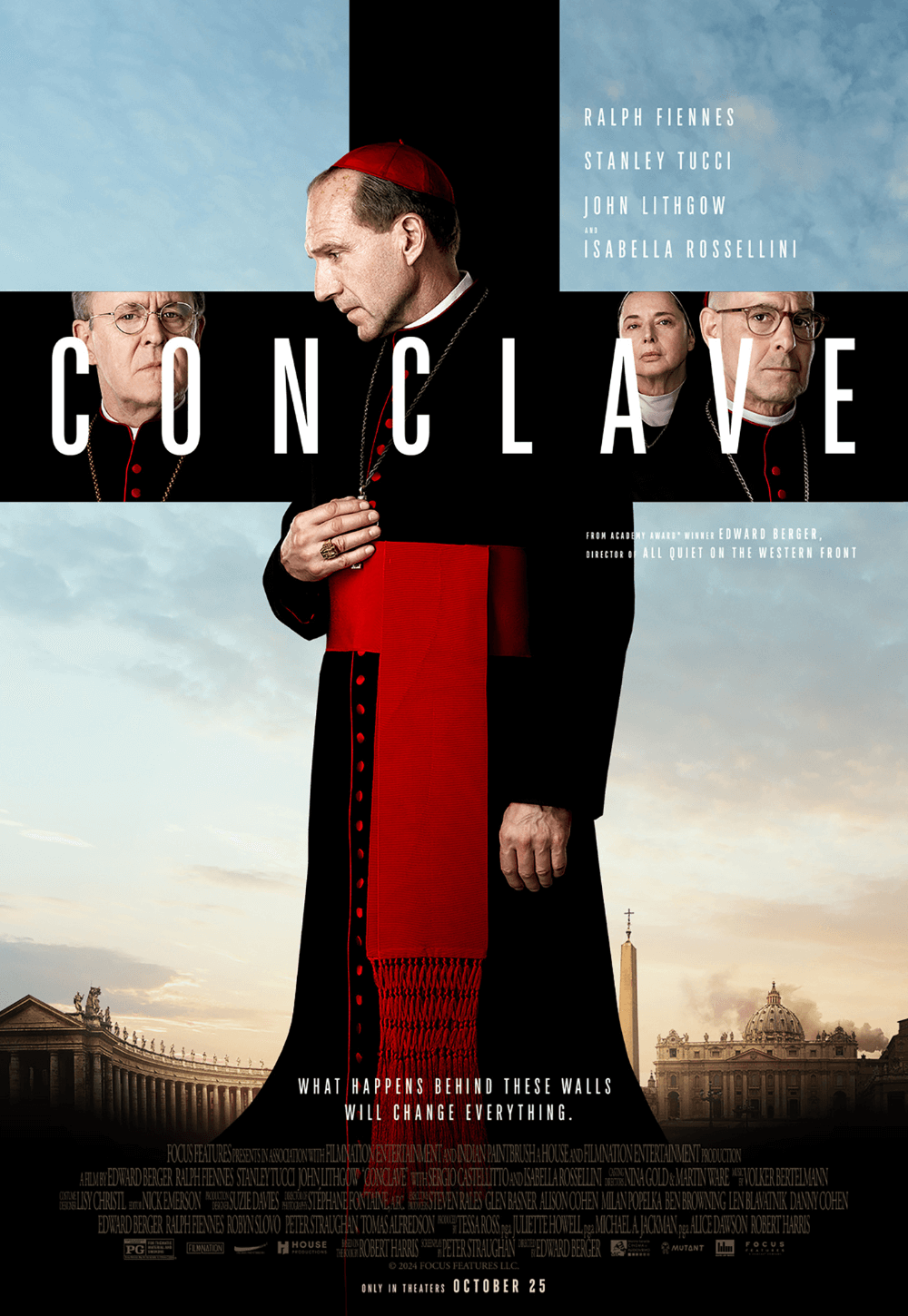
Thank You for Supporting Independent Film Criticism
If the work on DFR has added something meaningful to your love of movies, please consider supporting it.
Here are a few ways to show your support: make a one-time donation, join DFR’s Patreon for access to exclusive writing, or show your support in other ways.
Your contribution helps keep this site running independently. However you choose to support the site, please know that it’s appreciated.
Thank you for reading, and for making this work possible.
Brian Eggert | Critic, Founder
Deep Focus Review


